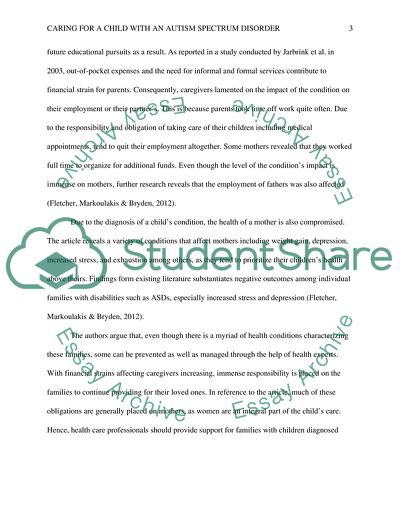Cite this document
(The Costs of Caring for a Child with an Autism Spectrum Disorder Scholarship Essay, n.d.)
The Costs of Caring for a Child with an Autism Spectrum Disorder Scholarship Essay. https://studentshare.org/medical-science/1837797-the-costs-of-caring-for-a-child-with-an-autism-spectrum-disorder
The Costs of Caring for a Child with an Autism Spectrum Disorder Scholarship Essay. https://studentshare.org/medical-science/1837797-the-costs-of-caring-for-a-child-with-an-autism-spectrum-disorder
(The Costs of Caring for a Child With an Autism Spectrum Disorder Scholarship Essay)
The Costs of Caring for a Child With an Autism Spectrum Disorder Scholarship Essay. https://studentshare.org/medical-science/1837797-the-costs-of-caring-for-a-child-with-an-autism-spectrum-disorder.
The Costs of Caring for a Child With an Autism Spectrum Disorder Scholarship Essay. https://studentshare.org/medical-science/1837797-the-costs-of-caring-for-a-child-with-an-autism-spectrum-disorder.
“The Costs of Caring for a Child With an Autism Spectrum Disorder Scholarship Essay”. https://studentshare.org/medical-science/1837797-the-costs-of-caring-for-a-child-with-an-autism-spectrum-disorder.


